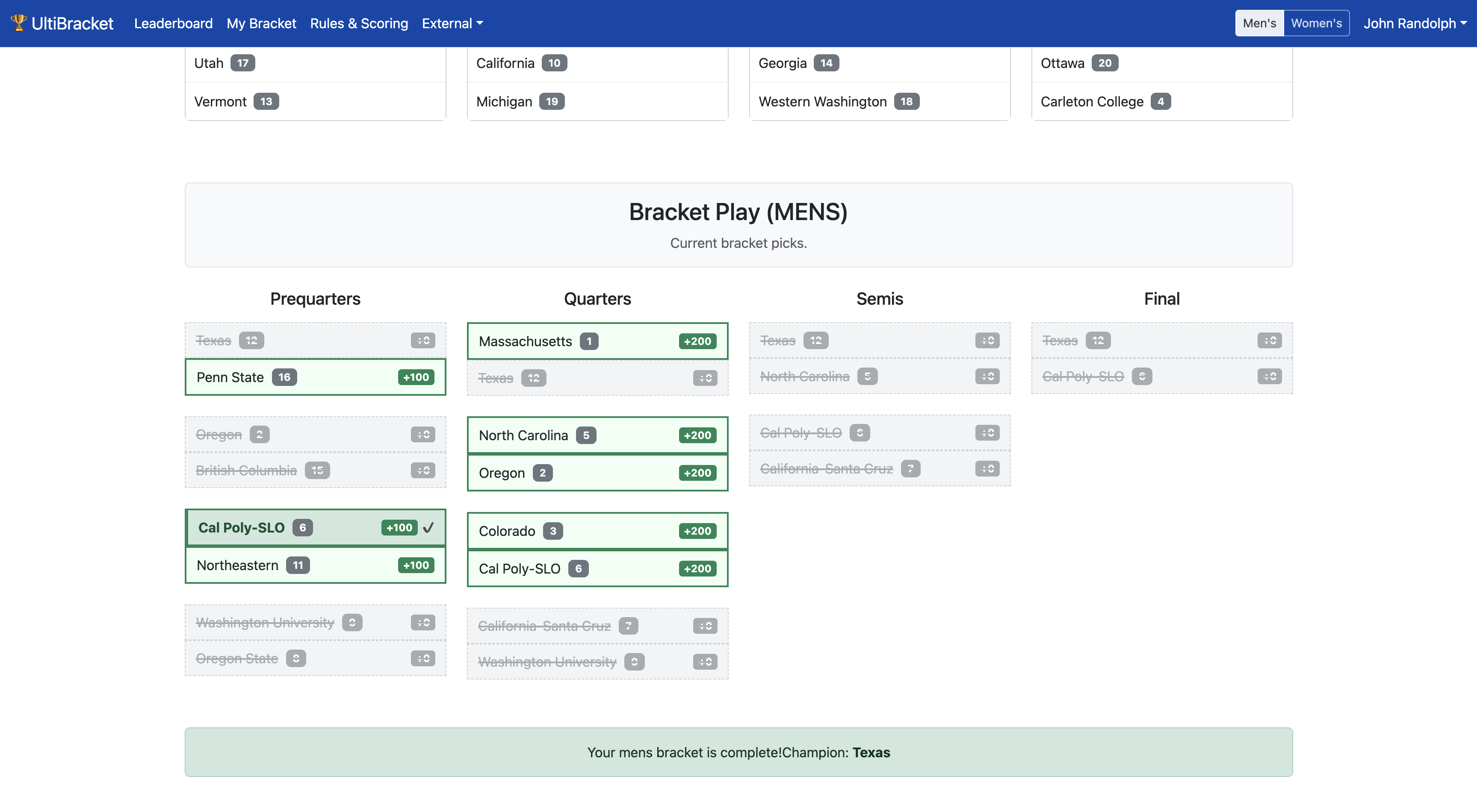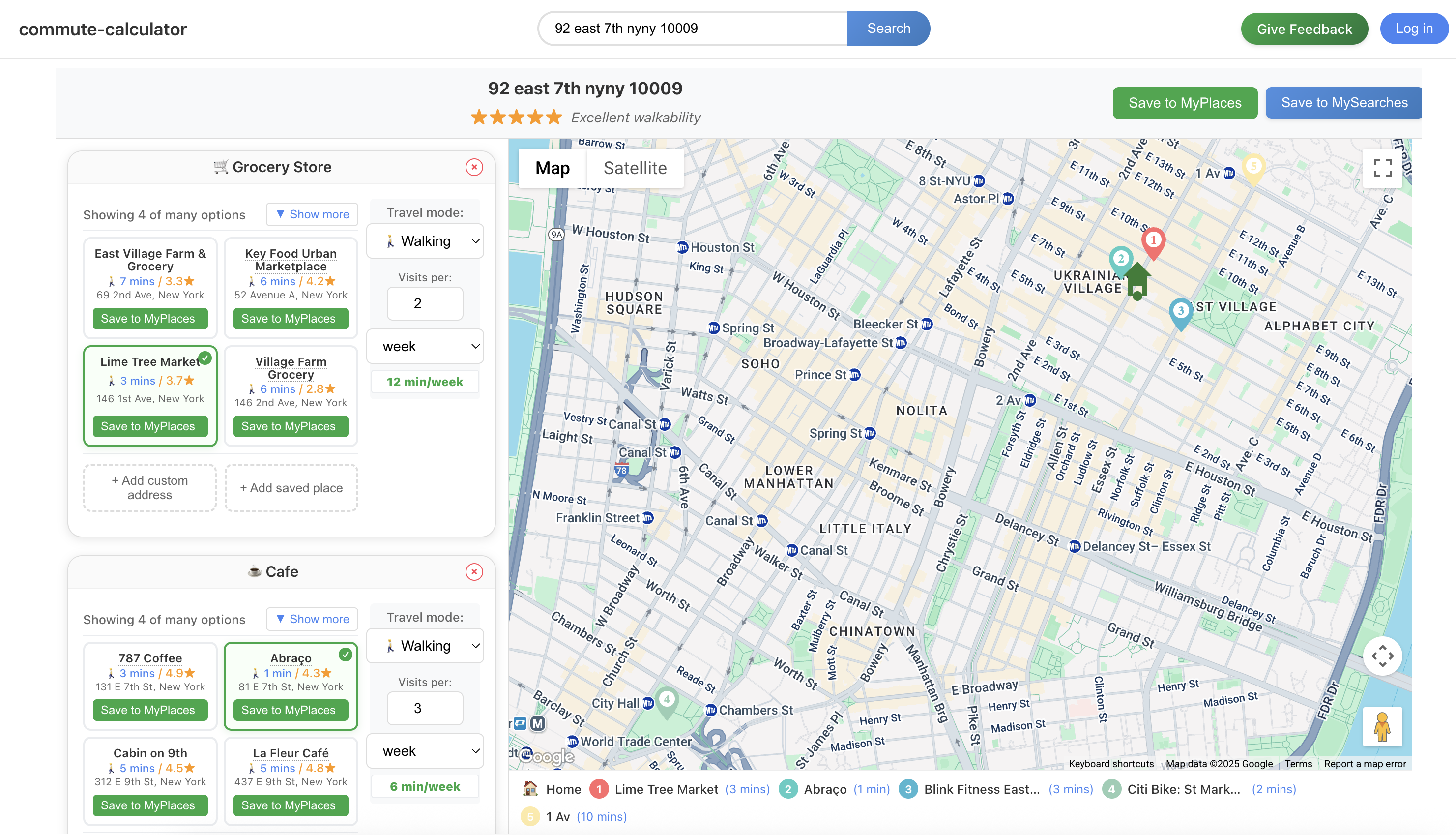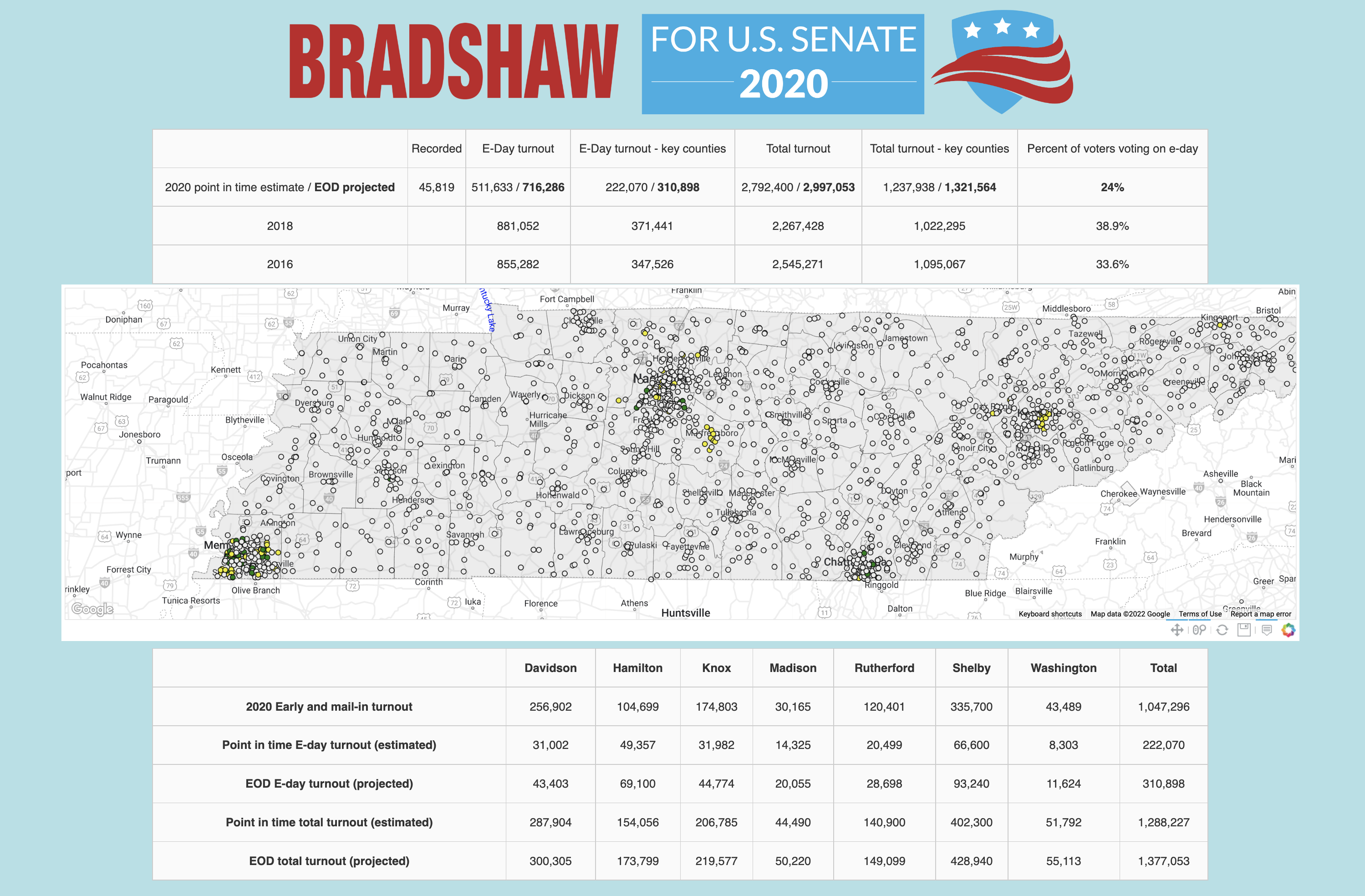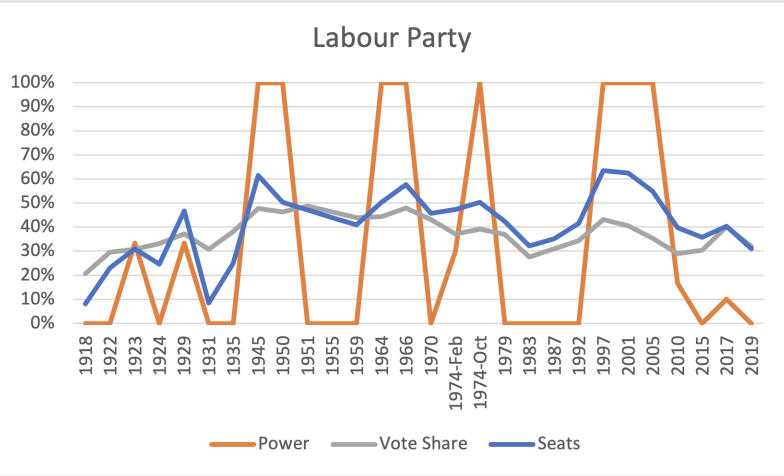bias.bet
How risk averse are you? How much loss aversion do you have? What is your magnitude sensitivity? Find out with a series of gambles.
550+ users

How risk averse are you? How much loss aversion do you have? What is your magnitude sensitivity? Find out with a series of gambles.
550+ users

March-madness style bracket-making tool for ultimate frisbee college nationals in 2025.
150+ users

A repository and public ranking of all callahan videos.
150+ users

Neighborhood explorer for renters looking at apartments. How close is the nearest grocery store? Park? Restaurant? How walkable is your neighborhood?


The Banzhaf Power Index (BPI) is a method of measuring the power of voters in determining the outcome of a hierarchical voting game. BPI in hierarchical voting games can be computed via a recursive decomposition of the hierarchy, which can substantially reduce the calculation's complexity. We identify a key (previously undocumented) assumption on which this decomposition is based, namely balance, then introduce a generalization of BPI that we call Extended BPI (EBPI) for all voting games, including those that are not balanced, which simplifies to BPI in balanced games. We show that BPI in unbalanced hierarchical voting games decomposes in terms of EBPI at each level in the hierarchy, which yields analogous computational savings. As a sample application, we model the impact of individual words on a sentence's sentiment as a voting game. Our results suggest that EBPI is an effective proxy for BPI (because the meaning of a sentence is not always 100% compositional), and demonstrate an expoential improvement in runtime.
This work was published as part of AAMAS (International Conference on Autonomous Agents and Multiagent Systems) 2024.

In 2020, I worked as a Bluebonnet data fellow supporting two campaigns: Bradshaw for US Senate and Alaina 2020 (House of Representatives). One project for this effort was to build a live map for election day. This involved volunteers at precints across Tennessee requesting turnout numbers every two hours (as required by Tennessee state law). From there, the Google form data was read into a python pipeline and compared to historical voting patterns to create a interactive turnout tracker. This allowed us to target election day turnout campaigns and to call the result of the election faster than the legacy media.

For my thesis in Behavioral Decision Sciences, I examined voting power in forming coalition governemnts in Germany, Japan, and the UK through the lens of the Shapley-Shubik Power Index. The three countries have different electoral systems (first-past-the-post, mixed-member proportional, and parallel voting). There were several differences between the distribution of power in the three countries. However in each, power correlates with seat share and vote share but is much more volatile, leading to disparate effects on political parties.

I don't like knowing who the SNL host is before I watch the show. Usually I do a good job of avoiding spoilers on youtube or social media, but NBC.com presents a unique challenge as I need to click through their site to load up the episode itself. To solve this, I made a Chrome extension that hides SNL-host-spoiler related content on NBC.com.

My good friend Grant published a memoir about his six months as a silent monk in Thailand. I made this website for him and his book. See if you can find the easter egg.

I have a remote-first, distributed friend group. Every week we send standup updates in the form of 30 second voice memos. Unfortunately, we have problems with adherance. I made a bot that reads in voice memos and won't release them until everyone has submitted. The bot is free to use on Telegram @social_standup_bot. Just add it to your group and give it admin permisisons to delete messages, then run \help to see what it can do.

In 2019 I got tired of looking at the menu of each of Brown's 7 dining halls to see if they had my favorite foods, so I built a chrome extension to do it for me.

A simple calculator that tells you where your taxes go. (Last updated in 2020).